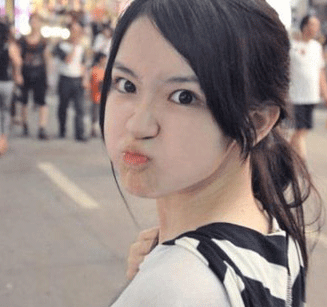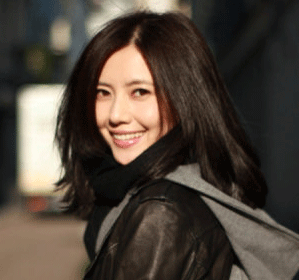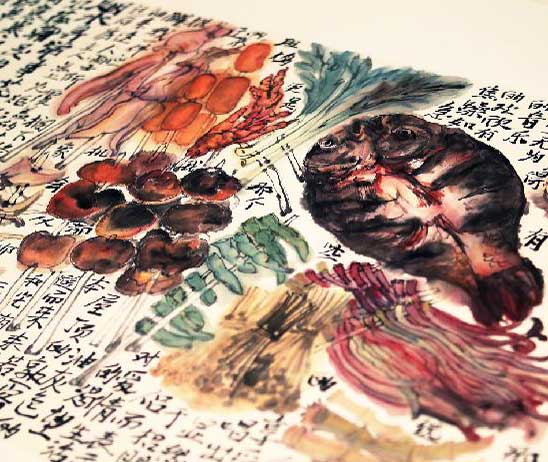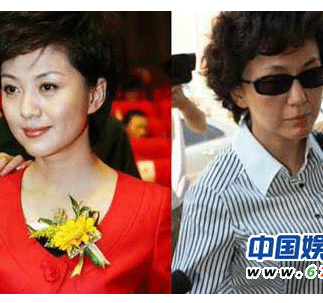| 涓浗瀛︾敓铚傛嫢缇庡浗鍚嶆牎 | |||||||||||
|
|||||||||||
http://english.dbw.cn銆€銆€
2012-12-19 14:36:19
|
|||||||||||
|
銆€銆€Jay Lin is the embodiment of the American dream -- and what is increasingly a Chinese dream.鏋楁澃浠h〃鐨勪笉浠呬粎鏄編鍥芥ⅵ锛屾洿鏄竴涓笉鏂.澶х殑涓浗姊︺€?/p> 銆€銆€Originally from Wenzhou in eastern China, he moved to New York City as a teenager. After earning degrees from Ivy League universities -- Cornell and Columbia -- he secured a comfortable job in a bucolic town in Connecticut.鏋楁澃鏉ヨ嚜涓浗涓滈儴鐨勬俯宸炲競锛屽皯骞存椂鏈熺Щ灞呯航绾︺€備粠甯告槬钘ゅ悕鏍″悍濂堝皵澶у鍜屽摜浼︽瘮浜氬ぇ瀛︽瘯涓氬悗锛屽湪搴蜂箖杩厠宸炰竴涓埂鏉戝皬闀囨壘浜嗕唤宸ヤ綔锛岃繃涓婁簡鑸掓湇鐨勬棩瀛愩€?/p> 銆€銆€Now he is helping others in China follow his path, where the desire for elite U.S. education is alive and well.鐜板湪浠栬嚧鍔涗簬甯姪鎬€鎻g潃鍚屾牱姊︽兂锛屾复鏈涚編鍥界簿鑻辨暀鑲茬殑鍏朵粬涓浗浜恒€?/p> 銆€銆€In the last decade, mainland Chinese have reshaped the international student body at U.S. colleges and universities, notably at Ivy League institutions. In the 2009-2010 academic year, China surpassed traditional "study abroad" heavyweights like Canada, India and South Korea, to lead international enrollment across U.S. higher education, according to the Institute of International Education. The U.S.-based institute's most recent figures reveal that mainland Chinese students increased 23% to more than 723,000 in the 2010-11 academic year.杩囧幓鐨勫崄骞达紝澶ч檰瀛︾敓閲嶅浜嗙編鍥藉ぇ瀛︽満鏋勭殑瀛︾敓姣斾緥锛屽挨鍏舵槸甯搁潚钘ゅ悕鏍¤仈鐩熴€傜編鍥藉浗闄呮暀鑲茬爺绌舵墍鎸囧嚭锛?009-2010瀛﹀勾锛屼腑鍥界暀瀛︾敓鏁伴噺瓒呰繃浜嗕紶缁熺殑瀵圭編瀛︾敓杈撳嚭澶у浗锛屽鍔犳嬁澶с€佸嵃搴﹀拰闊╁浗锛屽湪鍏ㄧ編楂樼瓑鏁欒偛鍥介檯瀛︾敓涓仴閬ラ鍏堛€傝鐮旂┒鎵€鏈€鏂版暟鎹樉绀猴紝澶ч檰瀛︾敓鍦?010-2011瀛﹀勾鏁伴噺宸叉定鑷?23,000浜猴紝澧炲箙楂樿揪23%銆?/p> 銆€銆€A rising generation of affluent students宕涜捣鐨勬柊涓€浠e瘜瀛︾敓 銆€銆€While Chinese students traditionally went abroad when they failed to secure a place at a top-tier local university, the best students are now forgoing elite Chinese universities to study in the United States, according to Lin, now academic director of Ivy Labs Education, an admissions consultancy in Beijing.鏋楄锛屾浘缁忎腑鍥藉鐢熷嚭鍥芥槸鍥犱负娌¤兘澶熻€冧笂娓呭崕鍖楀ぇ锛岀幇鍦ㄦ渶濂界殑瀛︾敓涔熶笉鐣欐亱鍖楀ぇ娓呭崕浜嗭紝浠栦滑鏇存兂鍘荤編鍥借涔︺€傛灄鐜板湪鏄寳浜竴瀹跺嚭鍥藉挩璇㈠叕鍙稿父闈掕棨瀹為獙鏁欒偛鐨勫鏈€荤洃銆?/p> 銆€銆€Many Chinese are seeking a higher quality of education that will train them to become independent and creative, he said, and they see the world's top-ranked universities are in the United States.浠栬锛屽緢澶氱殑涓浗浜哄笇鏈涜兘澶熸帴鍙楀埌甯姪浠栦滑鍙樺緱鏇寸嫭绔嬨€佹洿鏈夊垱閫犲姏鐨勩€侀珮鍝佽川鐨勬暀鑲层€傚湪浠栦滑鐪间腑锛屼笘鐣岄《灏栫殑澶у閮藉湪缇庡浗銆?/p> 銆€銆€China's economic reforms and "opening-up" that began in 1978 under Deng Xiaoping gave rise to the first major generation of students, who were generally reliant on scholarships to study in the United States, according to Chen Shuangye, an assistant professor at the Chinese University of Hong Kong's Department of Educational Administration and Policy.棣欐腐涓枃澶у鏁欒偛琛屾斂涓庢斂绛栧绯诲姪鐞嗘暀鎺堥檲闇滃彾鑰佸笀鎸囧嚭锛?978骞寸殑鏀归潻寮€鏀炬斂绛栫紨閫犱簡鏂颁竴浠g殑瀛︾敓锛岄偅涓€浠g殑璧寸編鐣欏鐢熶富瑕佷緷闈犵殑鏄瀛﹂噾銆?/p> 銆€銆€Coinciding with China's rapid economic growth, a distinctive second generation emerged in the mid-1990s comprising much more affluent students, Chen said. "There is a great increase in the phenomenon because (mainland Chinese) don't rely on scholarships anymore."闅忕潃涓浗缁忔祹鐨勫揩閫熷彂灞曪紝90骞翠唬涓彾鍑虹幇浜嗙浜屼唬瀛︾敓锛屼粬浠姣斿墠涓€浠e瘜鏈夊緱澶氥€傞檲璇达細“涓浗璧寸編鐣欏鐢熺殑澧炲涓昏鏄洜涓?澶ч檰鐨?瀛︾敓涓嶅啀闇€瑕佷緷闈犲瀛﹂噾鍑哄浗浜嗐€?rdquo; 銆€銆€Starting early at boarding schools瀵勫瀛︽牎鏃╄捣鐨勯笩 銆€銆€The factors driving mainland Chinese to study in the United States come into play much earlier, Lin said, noting an influx of foreign Chinese students into private U.S. secondary schools, starting around 2005.“褰卞搷涓浗瀛︾敓璧寸編鐨勫洜绱犲湪澶у涔嬪墠灏辫捣浣滅敤浜嗭紝”鏋楄锛?ldquo;浠?005骞磋捣锛屼腑鍥借荡缇庡浗绉佺珛楂樹腑鐣欏鐨勫鐢熷嚭鐜板ぇ骞呭鍔犮€?rdquo; 銆€銆€Chinese parents send their children to private U.S. high schools as a "strategic decision" to strengthen their candidacy for elite U.S. universities, Lin said. A growing number also want their children to lead happier lives rather than have them consumed by preparing for the "gaokao" in China -- the one-time, high-stakes national university entrance examination that is the sole determinant of admission.“涓浗瀹堕暱灏嗗氨璇荤編鍥界绔嬮珮涓綋鍋氭槸鏁插紑缇庡浗椤跺皷澶у鐨勫彥闂ㄧ爾銆?ldquo;浠栬锛?rdquo;鍚屾椂瓒婃潵瓒婂鐨勪汉甯屾湜鑷繁鐨勫瀛愯兘澶熻繃涓婃洿蹇箰鐨勭敓娲伙紝鑰屼笉鏄閭d竴娆℃€ч珮椋庨櫓鐨勯珮鑰冭箟璺庢椂鍏夛紝鏄惁閫氳繃楂樿€冩槸鍐冲畾涓浗瀛︾敓鏄惁鑳借繘鍏ュぇ瀛︾殑鍞竴鍥犵礌銆?rdquo;锘匡豢 銆€銆€ |
|||||||||||
| Author锛? 銆€銆€銆€Source锛? CRI 銆€銆€銆€ Editor锛? Sun DongYang | |||||||||||
 涓枃绠€浣?/a>銆€|銆€
涓枃绠€浣?/a>銆€|銆€










